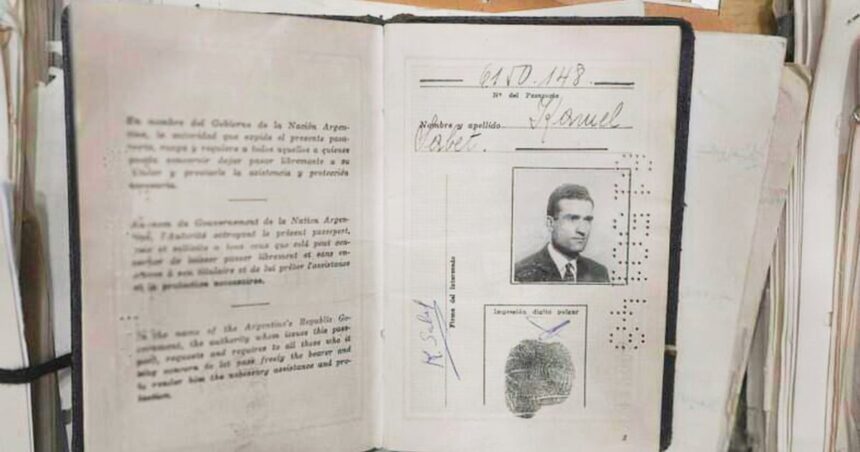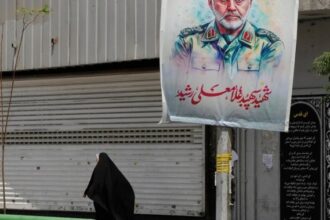In a remarkable intelligence coup that bridges decades of Middle Eastern geopolitics, Israeli officials have announced the recovery of a previously unknown archive of documents belonging to legendary spy Eli Cohen, nearly 60 years after his public execution in Damascus shocked the world.
The cache of materials, reportedly obtained through a complex multi-agency operation, contains personal notes, communications, and intelligence assessments created during Cohen’s infiltration of Syria’s highest political and military circles in the early 1960s—a mission that fundamentally altered Israel’s strategic position against one of its most formidable adversaries.
“This represents not merely a historical discovery, but the recovery of a crucial piece of Israel’s intelligence heritage,” said Mossad Director David Barnea at a closed ceremony marking the acquisition. “Cohen’s sacrifice and the information he gathered saved countless Israeli lives during a period of existential threat.”
For those unfamiliar with this remarkable chapter in espionage history, Eli Cohen operated under the alias Kamel Amin Thaabet, posing as a Syrian businessman returning from Argentina. Between 1962 and 1965, he cultivated relationships with Syrian military leaders and political elites, hosting gatherings where officials inadvertently revealed classified information. His intelligence on Syrian defensive positions in the Golan Heights proved invaluable during the 1967 Six-Day War.
Israeli Prime Minister Benjamin Netanyahu described the archive as “containing materials we had no knowledge existed,” suggesting the documents provide new insights into Syrian military capabilities and political dynamics of that era. Intelligence experts at CO24 News have learned that the recovery operation involved coordination between multiple agencies and took years to execute.
The Syrian government has predictably denounced the announcement as “propaganda” while simultaneously launching an internal investigation into how the materials left the country. Damascus has historically maintained tight control over any information related to Cohen, whose mission remains a deeply sensitive subject in Syrian political circles.
What makes this discovery particularly significant is that Cohen’s work occurred during a pivotal period in Middle Eastern politics. His intelligence gathering preceded two major Arab-Israeli conflicts and provided Israel with critical insights into Syrian military planning that influenced regional security arrangements that persist today.
“The Cohen archive offers a remarkable window into both Israeli intelligence methodologies and Syrian governmental vulnerabilities during the Cold War period,” explained Dr. Amira Hasan, professor of Middle Eastern Security Studies at the University of Toronto. “The psychological impact of his operation continues to shape how regional intelligence services operate.”
For the families of those involved, the discovery has reopened emotional wounds. Cohen’s widow, Nadia, now in her 80s, expressed mixed emotions at a memorial service held in Tel Aviv. “Eli’s work has never been fully understood by the public. Perhaps now, his complete contribution to Israel’s security will be recognized,” she said, visibly moved by the development.
The timing of this revelation coincides with shifting regional dynamics as several Arab states have normalized relations with Israel through the Abraham Accords, while Syria remains technically at war with Israel. Military analysts at CO24 World News note that information from the archive, even decades old, could provide valuable context for understanding Syria’s current security doctrine.
Israeli authorities have indicated that portions of the archive will eventually be displayed at the Mossad headquarters’ museum, though most operational details will remain classified. The intelligence community worldwide will be studying this rare glimpse into one of history’s most successful deep-cover operations.
As Middle Eastern alliances continue their complex evolution, one question remains particularly relevant: How will this historical revelation influence contemporary intelligence operations in a region where the shadows of the past continue to shape present realities?

























